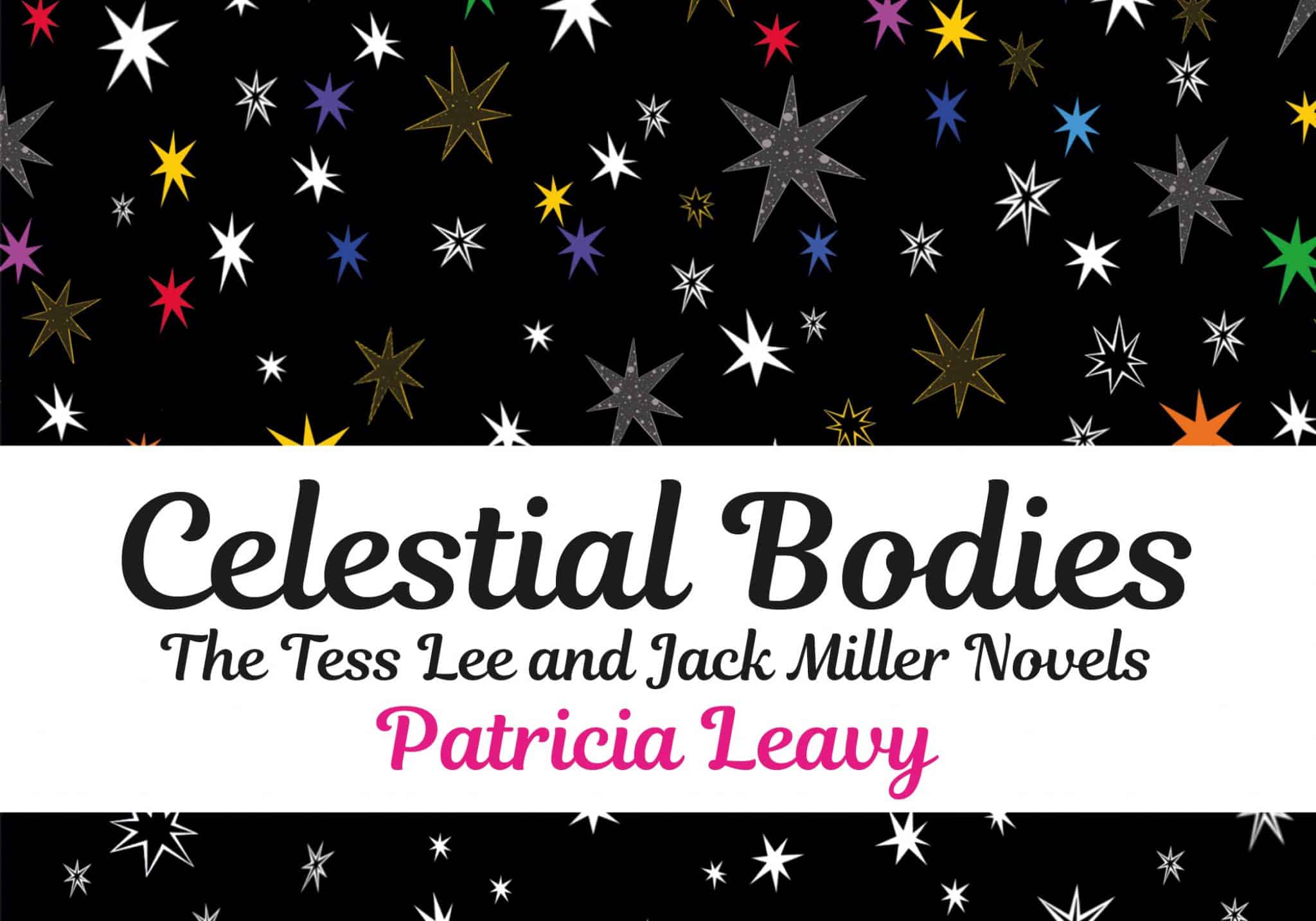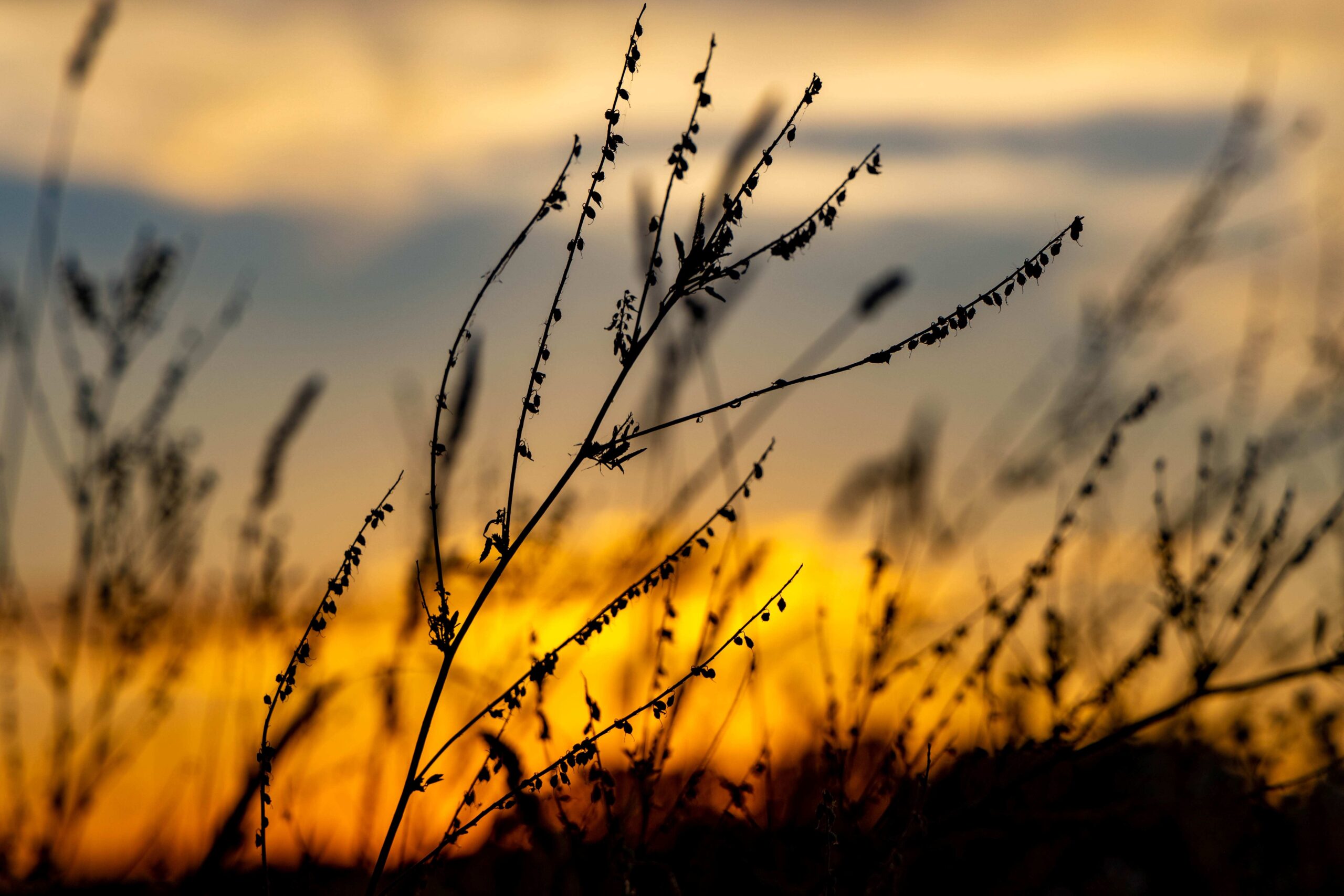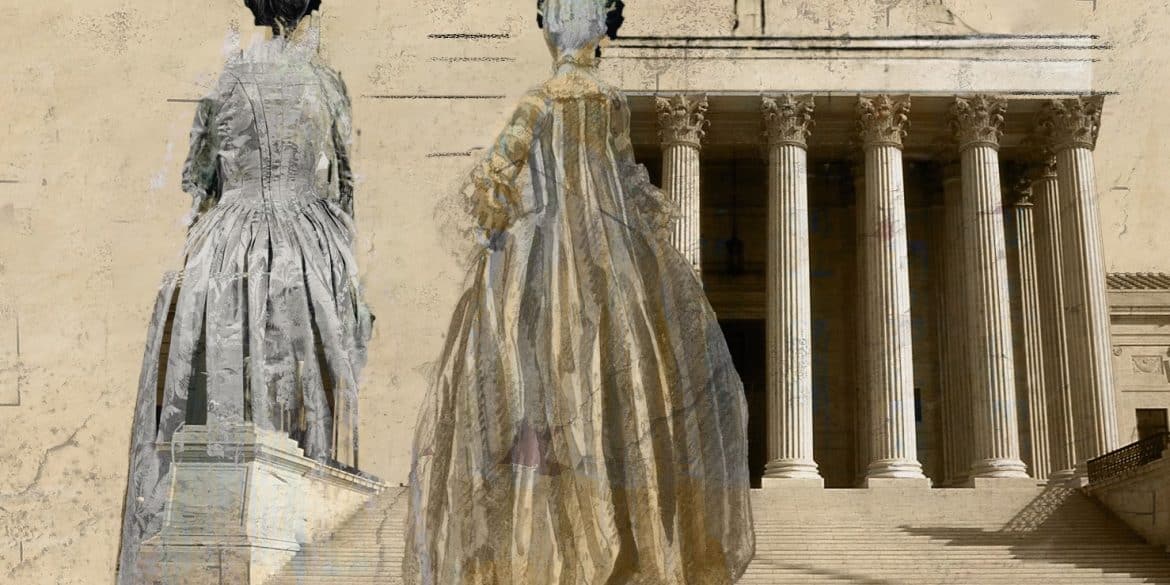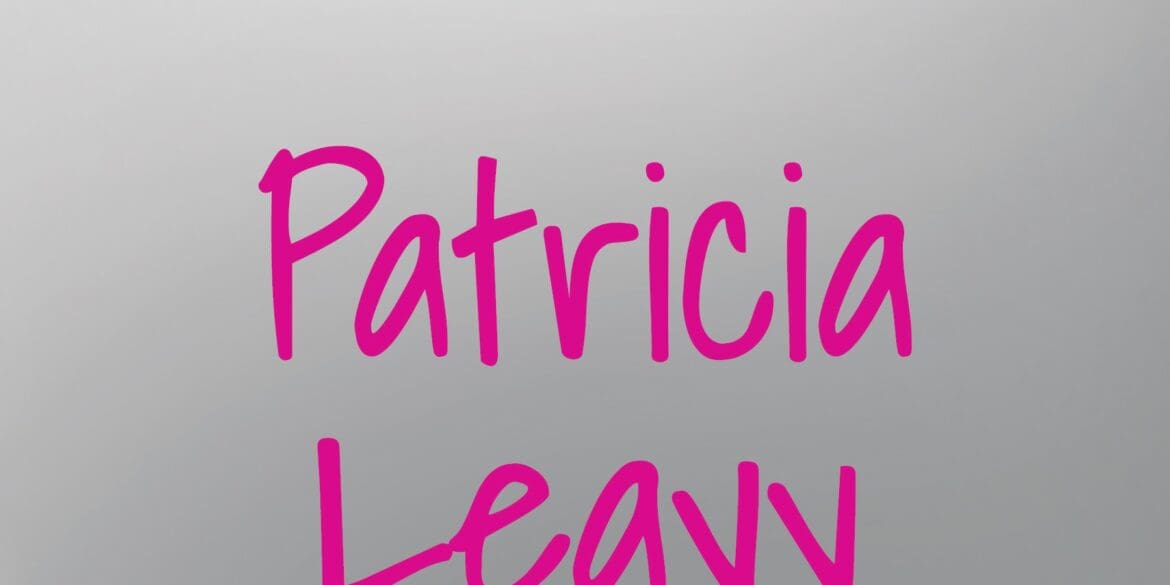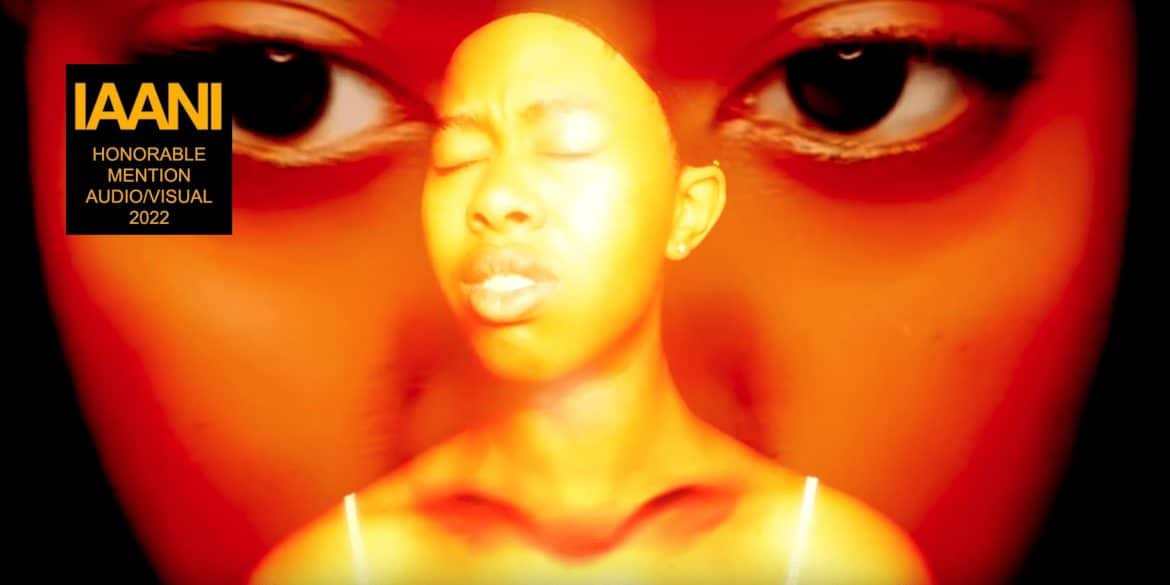"As a female gamer, being able to play a game where the female characters/toons aren’t dressed as sexual objects is refreshing."
Issues
All
- Bodily Autonomy Special Issue, 2022-23
- Celebrating Dr. Patricia Leavy's Social Fiction 2024
- Climate Change Special Issue, 2022
- Laughter Special Issue, 2023
- Queer Special Issue, 2023-24
- Volume 1, Issue 1 (2021)
- Volume 1, Issue 2 (2021)
- Volume 2, Issue 1 (2022)
- Volume 2, Issue 2 (2022)
- Volume 2, Issue 3 (2022)
- Volume 2, Issue 4 (2022)
- Volume 3, Issue 1 (2023)
- Volume 3, Issue 2 (2023)
- Volume 3, Issue 3 (2023)
- Volume 3, Issue 4 (2023)
- Volume 4, Issue 1 (2024)
- Volume 4, Issue 2 (2024)
- Volume 4, Issue 3 (2024)
- Volume 4, Issue 4 (2024)
"This poem is rumination on how the personal experience of volunteering in never-before-seen flood relief efforts in the remote north reinforces the research that 'many of the changes observed in the climate are unprecedented in thousands, if not hundreds of thousands of years.'"
"In my interview with award-winning author Patricia Leavy on literary research, we also discuss her evolution from academic to novelist, her genre of "social fiction," and her latest novels series, Celestial Bodies."
In Saying Goodbye: A Father's Last Minute Parting Gift to His Son, I channel the moments I remember from the night before my mother died.
Eternal Glow: Black Womanhood’s Story Of Love and Resilience Author’s Memo These three poems are autoethnographic as they utilize personal...
"Combining autoethnography and artwork, Supreme Justice aims to reveal the persistence of institutionalized oppression of women through history."
"She needs to be an artist to be an artist-teacher in adult community learning. She needs to do both to become the best she can be."
This is from the experience of losing someone who you thought would be a part of your family, only to realize their journey was different.
U. Melissa Anyiwo·
All ContentAutoethnographic EssaysCelebrating Dr. Patricia Leavy's Social Fiction 2024MoreReflections on MethodSpecial Issues
··31 min readThis piece is intended to give you a sense of the ways in which I use Low-Fat Love in the classroom and why just using it makes the world a better place.
“Letter from Okinawa” describes my research and observations into the impact the U.S. military has had on the island, and tells the story of the Japanese government’s historical culpability by colonizing, controlling, and discriminating against the island.
"When a favorite perfume ceases to exist, it is another kind of death. Having been created, it leaves a special sort of emptiness," from Eulogy for a Perfume.
“A Seat at the Table” is the autoethnographic manifestation of my vulnerability, anger, and anguish, of my black feminist grit."




